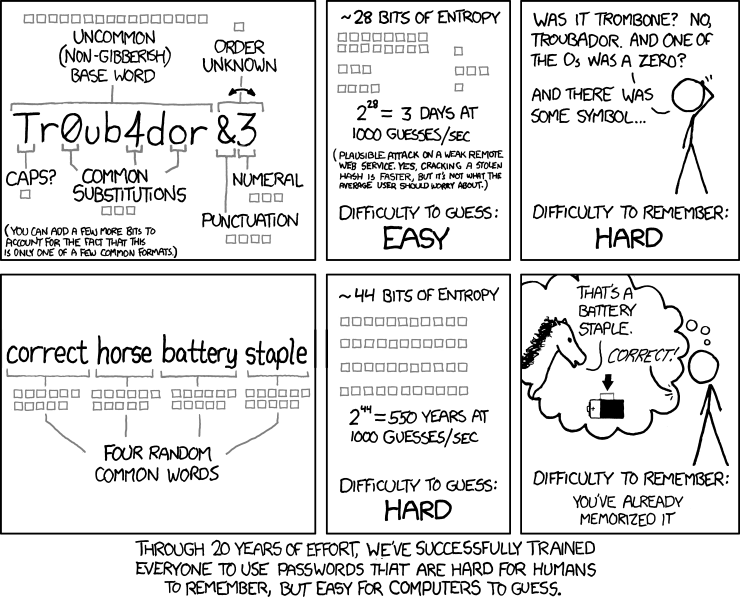This has no bearing on whether or not a person is capable of doing so, however.
We all think we are. That is the problem

Doing the same without software removes an extra vulnerability.
Yes, this is true. However, IMO, the risk is worth it. LastPass appear to have it well sorted out.
I've never seen "off the shelf" (i.e. consumer available) password crackers that promime more than a few hundred thousand per second. How many PFLOPS do you think the average scammer's computer is capable of?
Graphics cards are being used these days for hashing and cracking, and there is a lot of open source software available to do this. I'm going to cop-out here and not link to examples, because i'm at work, and I don't want those searches in my work proxy history; but a google will reveal heaps of information. Security Now episode 366, the latest one, covers this also.
For me, the issue with password managers is that all your passwords are tied to a single key (if any, in the case of desktop password managers). Someone who can't be trusted (as you say) to manage their own passwords should stay even further away from password managers.
Yes, that is a concern of mine, too. However, at least for LastPass, the password 'database' is stored on their server after only being encrypted with AES-256 on the client (with an option of PBKDF2, also). In addition to this, LastPass allows two-factor authentication (something you have + something you know) which requires you to use Google Authenticator to generate a token (it's open source and standards based) when accessing the password database - that way if an attacker does get hold of your password database, even if they have your master password, it's useless to them.
I stayed away from it for a long time for those reasons, but I figure it was worth the risk (I actually do not store
truly valuable passwords - such as internet banking - in LastPass).





